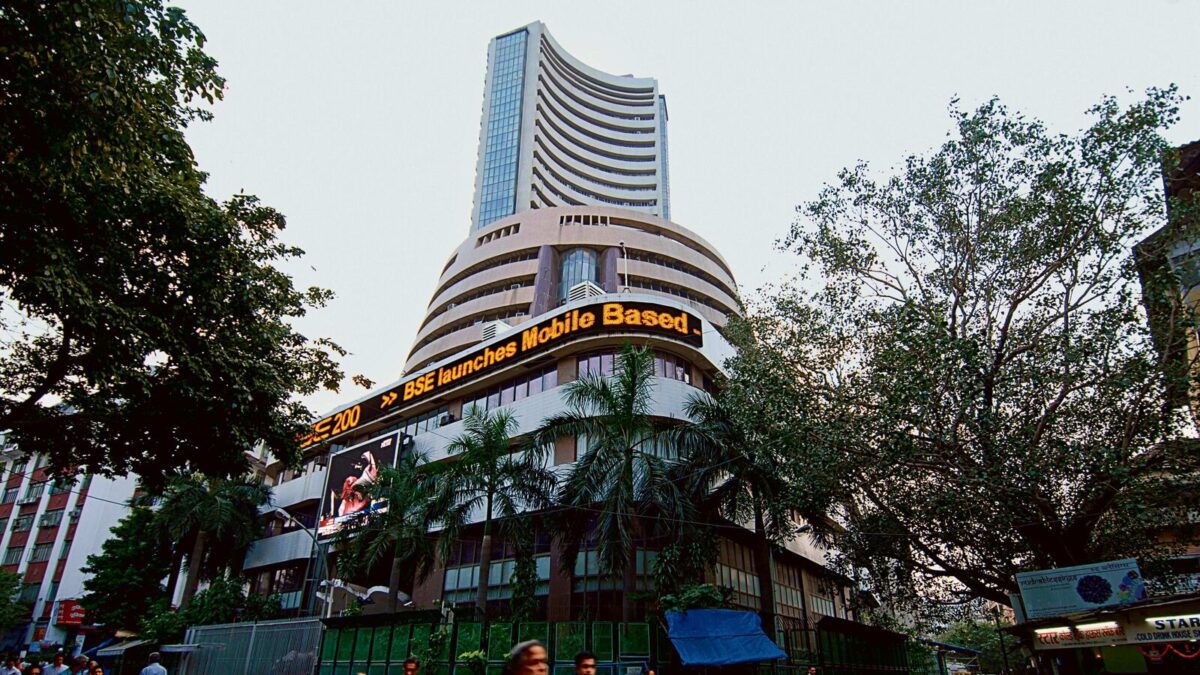Once Street’s favourite, shares of public sector undertakings (PSUs) have not yielded much returns to investors so far this year. Excluding the recent rally in defence shares, only a handful PSU stocks have outperformed the benchmark Nifty50 index during the period.
So far in calendar year 2025 (till May 14), the Nifty CPSE index has risen 4.14 per cent, in-line with the Nifty50 index’s gain of 4.3 per cent, ACE Equity data shows. By comparison, the Nifty CPSE index climbed 25.25 per cent in CY 2024 and 73.7 per cent in CY 2023 as against the benchmark’s rally of 8.8 per cent and 20.2 per cent in the respective years.
The trend, analysts believe, may not change much in the coming months and investors should cherry-pick PSU stocks based on valuation comfort along with earnings growth visibility and policy support.
“The universe of PSU stocks is huge and diverse. Investors should bet on specific sectors and stocks from the basket as most of them may continue to consolidate after years of outperformance,” said Kranthi Bathini, director of equities at WealthMills Securities.
Among individual stocks, Bharat Dynamics, Mazagon Dock Shipbuilders, Garden Reach Shipbuilders, Bharat Electronics, Mishra Dhatu Nigam, Hindustan Aeronautics, and Cochin Shipyard from the defence pack have surged between 10.4 per cent and 59.3 per cent this year. While the rally in defence-related PSU counters was on the back of India – Pakistan geopolitical conflict, shipbuilding stocks found favour amid the government’s strong focus on improving India’s maritime infrastructure and indigenisation push.
Outside these baskets, only NBCC (India), Steel Authority of India (SAIL), Bharat Petroleum Corporation of India (BPCL), Indian Oil Corporation, NMDC, and MOIL have outperformed the benchmarks by rising up to 15 per cent during the period.
Among stocks, outside of the CPSE basket, PSU banks like Union Bank of India, Bank of India, Indian Bank, and Canara Bank outran the Nifty50 index by rallying in the range of 5.5 per cent to 12 per cent.
“PSU stocks are affected a lot by the government policies as the ownership and regulatory control rest with them. Investors should, thus, invest in companies which are, relatively, stable from a policy viewpoint, are non-cyclical in nature, and have high dividend yields,” said Deepak Jasani, a stock market veteran.
High dividend yield, he added, provides a margin of safety against any decline in stock prices.
PSU stocks to buy
From an investment perspective, analysts say investors interested in the PSU space could look at opportunities across sectors driven by strong policy support, infrastructure momentum, and improving fundamentals. Industries such as oil and gas, and metals, which are cyclical in nature, may be avoided as cycles are difficult to predict and impacted by macro variables, they advise.
“While we have a ‘neutral’ view on the PSU sector, investors willing to invest in PSU stocks can look at the renewable energy and/or transmission infrastructure sector amid the government’s policy push. Defence companies, too, may remain in focus as exports are expected to surge to ₹50,000 crore by fiscal year 2029-30 (FY30) with indigenous production ramping up from ₹1.6 trillion to ₹3 trillion,” said Anil Rego, founder and fund manager at Right Horizons PMS.
Deepak Jasani, meanwhile, backs PSU stocks from the metal, oil refining, banking space on the back of their dividend yielding potential.
“PSU banks are the safest sector to be in. That apart, oil refining companies, and energy-linked companies like Gail (India) and Coal India, which are insulated from global developments, can be a good bet,” he said.
Echoing similar views, Kranthi Bathini of WealthMills Securities said selective outperformance could be seen in PSU banks, defence, and OMC stocks going ahead.
Top-notch SEBI registered research analyst
Best SEBI registered Intraday tips provider
Telegram | Facebook | Instagram
Call: +91 9624421555 / +91 9624461555





